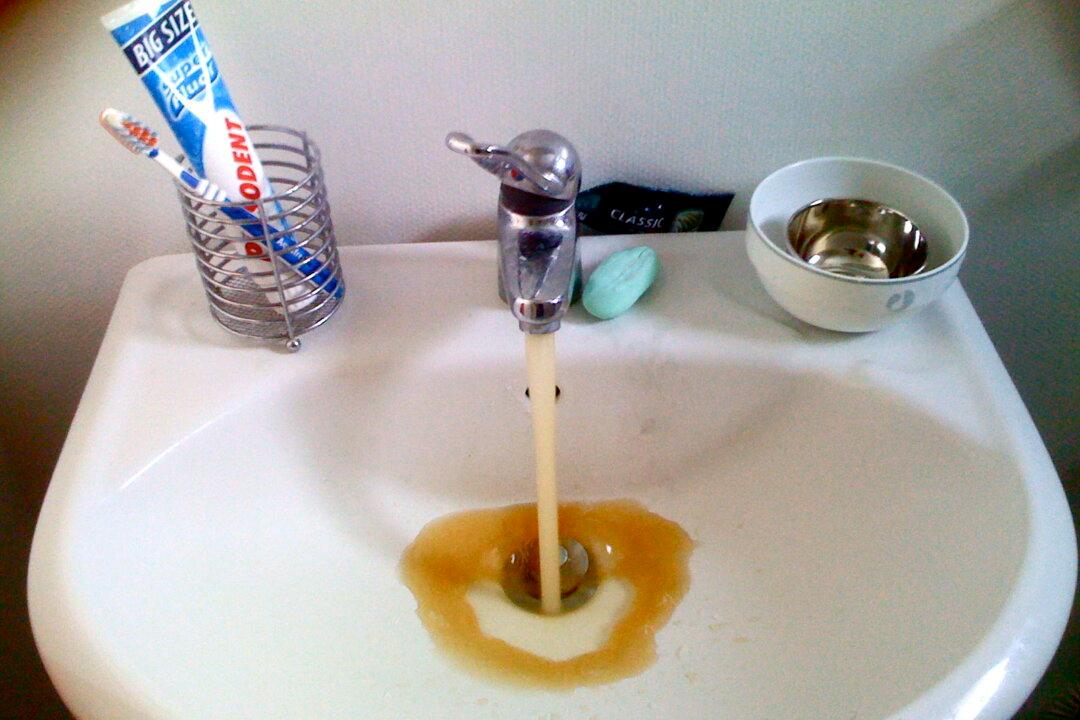The horrible, preventable crisis in Flint, Michigan shows that when the government shortchanges our infrastructure, people pay the price.
Flint has become a living hell for its residents.
The water is brown, poisoned with lead, and too corrosive to use on skin or clothes. Scientists have predicted that all the children poisoned by lead will suffer physical and developmental problems as they grow up. Houses have damaged pipes, and the city claims it doesn’t have enough resources to replace them.
Worst of all, state officials knew about this crisis and could have prevented it for as little as $100 a day. But Michigan Governor Rick Snyder and the emergency manager he appointed to govern Flint failed to protect the city’s residents.
Flint isn’t the only city that’s suffering. Across the country, aging pipes, roads, and sewage systems are putting families at risk.
Yet the United States hasn’t embarked on an infrastructure project on the scale that’s needed since the Great Depression, when President Franklin D. Roosevelt created hundreds of thousands of jobs by initiating the largest public works project in history.
With so much infrastructure overdue for a major overhaul, it’s time to put Americans back to work by investing in the roads and pipes that keep our communities functioning and safe.
